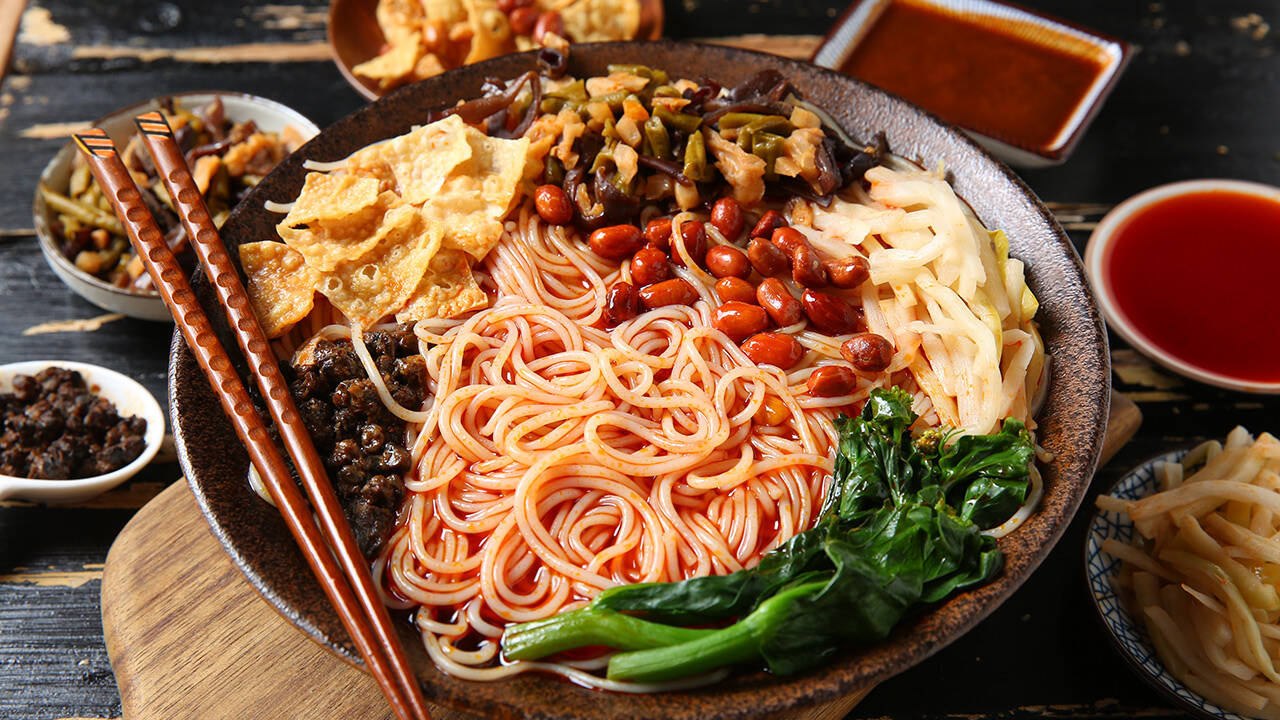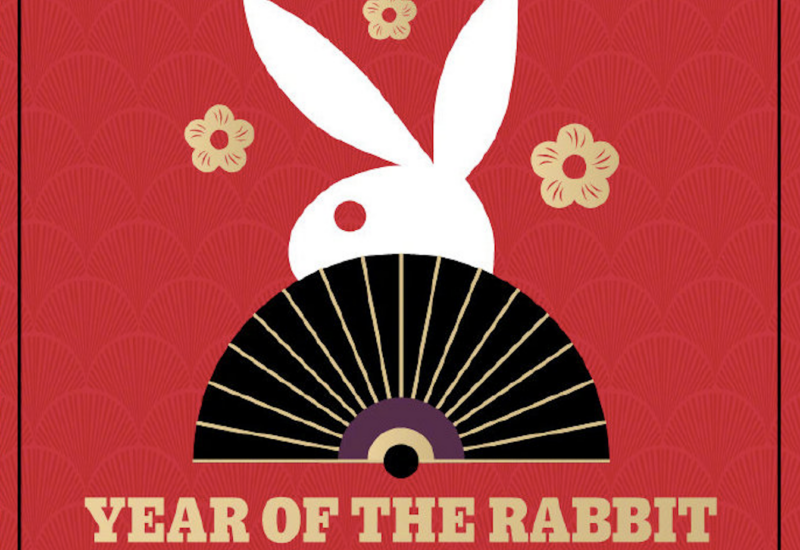The Taiwanese government has become a trending topic on Weibo on January 18th after it reportedly ordered retailers on the island to stop selling a snack made by the Chinese brand Hao Huan Luo.
The brand’s slogan found on the packaging reads “You are Chinese, I am Chinese, if you round it all up, you belong to me”, whose nationalistic implications many commentators have pointed to as the reason for the ban. This paternalistic slogan is reminiscent of the beliefs disseminated by the United Front Work Department, a branch of the Chinese Communist Party responsible for influencing China-related rhetoric, especially overseas.
Hao Huan Luo Snail Noodle Powder is popular on both sides of the strait as it lets consumers easily recreate the dish “luosifen” – or snail noodles – at home. The dish, which hails from Liuzhou in Guangxi province, is famous for its pungent smell and reputation as a “you either love it or hate it”-type snack.
Commenters on Weibo shared a sense of bemusement at the Taiwanese government’s strong reaction to Hao Huan Luo’s seemingly small infraction, with one user rhetorically asking “Which law does this violate? Is it forbidden to say ‘I am Chinese’ in Taiwan?”, while another commented “It doesn’t matter anyway, Taiwan still belongs to China”. Taiwanese netizens were no less critical of the ban, with many branding it “petty” and “boring”.
Indeed, the controversy goes straight to the heart of political divisions within Taiwan’s borders since the ruling political party, the Democratic Progressive party, is known for its relatively anti-China and pro-independence stance, compared to the main opposition party, the Nationalist Party (KMT). Yu Shu-hui of the KMT went so far as to accuse the government as having a “glass-heart”, a slang term analogous to “snowflake” in English, while the Taipei-based news site Storm Media labelled critics of the move “pro-China propagandists”.
However, according to Taiwan’s Ministry of Economic Affairs, the ban has nothing to do with nationalistic sentiment on the packaging. A spokesperson from the Ministry asserted that “Chinese-made snail noodles have never been allowed to be imported, so if there are commercially available products, it is smuggling or false reporting.” This regulation could be aimed at boosting the competitiveness of Taiwan-made products, but could also be related to food safety concerns since Hao Huan Luo previously came under fire when a consumer ingested insect eggs from one of their products.
In future, Chinese brands looking to expand into the Taiwanese market may pay more attention to how their marketing campaigns translate across the strait, taking care to avoid sensitive issues of national identity. Taiwanese citizens hoping to get their snail noodle fix will have to look elsewhere for now – or else join the masses in stockpiling Hao Huan Luo’s product before it disappears completely from local shelves.









